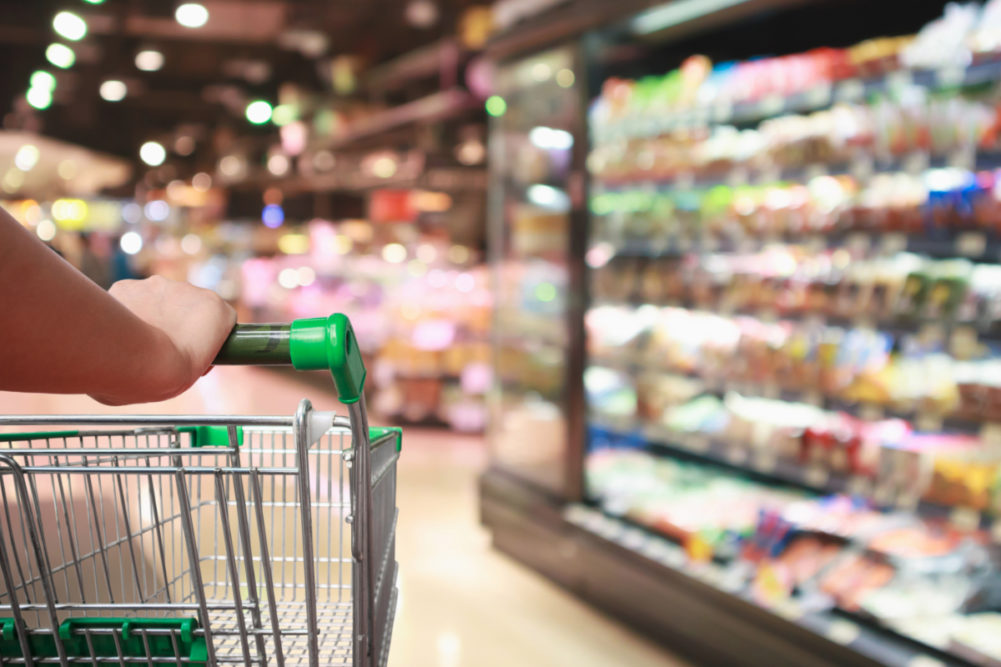WASHINGTON – This summer the Biden administration called for an end to hunger in America by 2030. Private-sector and public-sector commitments to help achieve the goal added up to more than $8 billion.
Some of the commitments from the food industry include:
- Chobani, New Berlin, NY, is launching a new initiative called Food Access in Reach (FAIR): Ending child hunger one school at a time. The company will commit to school meal programs and child nutrition at the local, state or federal level. The company initially will select three schools to support: one in Twin Falls, Idaho, one in central New York and one in New York City. The goal is to have enrolled businesses and partners across the country to support at least 50 schools to meet identified nutrition standards by 2030. Chobani estimates it will make a financial commitment of $250,000 annually to the schools. Chobani also will implement a plan to pay its employees a starting wage of $15 an hour.
- Danone North America, White Plains, NY, announced a $22 million investment by 2030 to improve access to and availability of nutritious foods in the United States. The investment will seek to improve food access and affordability, integrate nutrition and health, empower consumers with the knowledge to make healthy choices, and enhance nutrition and food security research.
- Members of FMI – The Food Industry Association, Washington, will donate more than 2 billion meals in 2023; invest in programs, initiatives, infrastructure enhancements and partnerships to improve food availability in areas of limited food access; expand access to and leverage federal feeding programs and food as medicine programs in the food retail setting that include nutrient-dense foods; and share messages and educational tools for consumers in 2023 to support healthy eating patterns that align with the Dietary Guidelines for Americans and federal nutrition guidance. FMI members committed to 100 million impressions in 2023.
- Hy-Vee, Inc., Des Moines, Iowa, will deliver 30 million meals to vulnerable communities by 2025.
- The National Grocers Association, Washington, will expand access to full-service grocery stores (stores that stock and sell fresh produce, meat and dairy in addition to processed and packaged goods) and double the number of retailers offering the Supplemental Nutrition Assistance Program online.
- The National Restaurant Association, Washington, will expand its Kids Live Well program to 45,000 additional restaurants and foodservice locations. KLW is a voluntary initiative to help restaurants create healthier children’s meals that meet added sugar, sodium, saturated fat, trans fat and calorie thresholds established by nutrition science.
- Publix, Lakeland, Fla., will donate $3.85 million to 22 Feeding America food banks to establish free, mobile food pantries for stocking local fruits and vegetables.
- Sysco, Houston, will provide $500 million through its Global Good initiative over the next five years to improve healthy eating for the communities it serves.
- Tyson Foods, Inc., Springdale, Ark., will invest $255 million into anti-hunger charities to expand access to nutritious protein products, focusing on rural and underserved areas. The company will invest another $20 million to provide nutrition learning programs for children and their families in over 100 communities where Tyson operates.

